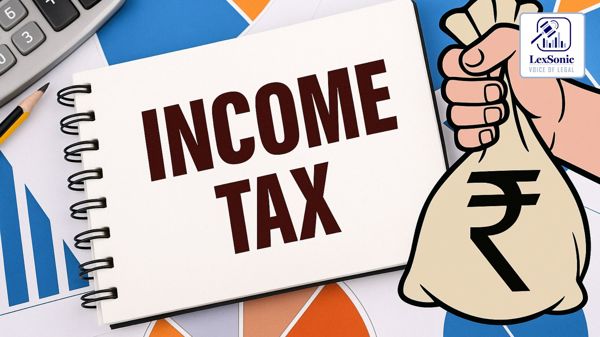Change of Opinion Not Grounds for Reassessment: Bombay HC Rules in Tax Case.
20 March 2025
Income Tax >> Tax Laws
A recent ruling of Pfizer Limited., (As successor of Wyeth Limited) The Capital, 1802/1901, Mumbai v/s The Deputy Commissioner of Income-tax, Mumbai & Others by the Bombay High Court has quashed a reassessment notice issued under Section 148 of the Income-tax Act, 1961, highlighting the importance of adhering to the statutory prerequisites for reopening assessments. The court's decision underscores the principle that reassessment cannot be based on a mere change of opinion or a review of a previously concluded assessment.
Background:
The petitioner, an assessee, had filed income tax returns for the Assessment Year (AY) 2009-10, which were subjected to scrutiny assessment under Section 143(3) of the Act. During the assessment proceedings, the Assessing Officer (AO) specifically inquired about promotional expenses, including their allowability in light of CBDT Circular No. 5 of 2012. The petitioner provided detailed submissions and documentation. Subsequently, the AO disallowed one-third of these expenses, a decision upheld by the Commissioner of Income Tax (Appeals) [CIT(A)].

The Reassessment Notice and Contentions:
In 2016, the AO issued a notice under Section 148, seeking to reopen the assessment. The stated reason was that the entire promotional expenditure should have been disallowed based on the CBDT Circular, leading to an alleged underassessment of income. The petitioner challenged this notice, arguing that there was no failure to disclose material facts, that the issue had already been adjudicated, and that the notice amounted to an impermissible review of the assessment.
Court's Analysis and Decision:
The Bombay High Court, after hearing the arguments, quashed the reassessment notice. The court's decision rested on the following key points:
Failure to Disclose Material Facts: The court found that the reasons recorded for reopening admitted that the issue of promotional expenses had been thoroughly examined during the original assessment proceedings. The petitioner had provided all necessary details and submissions, including those related to the CBDT Circular. Therefore, the court concluded that there was no failure on the part of the assessee to disclose material facts. Any failure, if at all, was on the part of the AO for not disallowing the entire expenditure.
Change of Opinion and Review: The court emphasized that the reassessment proceedings, in this case, amounted to a change of opinion and a review of the assessment order, which is not permissible under Section 147 of the Act. The AO sought to revisit a matter that had already been examined and decided.
Pending Appellate Proceedings: The court also noted that the issue of promotional expenses had been concluded by the CIT(A) before the initiation of the reassessment proceedings. The third proviso to Section 147 of the Act bars reassessment proceedings if the issue is pending before an appellate authority.
Precedent: The court relied upon a similar case, Abbot India Ltd. vs. ACIT, where reassessment proceedings were quashed under comparable circumstances.
Implications and Conclusion:
This ruling reinforces the principle that reassessment proceedings must be initiated based on a genuine failure to disclose material facts, not on a mere change of opinion. It highlights the importance of thorough examination and adjudication during the original assessment proceedings. The decision also emphasizes the limitations on the AO's power to review concluded assessments, ensuring that taxpayers are not subjected to repeated scrutiny on matters already decided. This decision provides important clarity on the limits of reassessment powers and protects taxpayers from arbitrary reassessment actions.
Section 142, Income Tax Act - 1961
Section 143, Income Tax Act - 1961
Section 147, Income Tax Act - 1961
Section 148, Income Tax Act - 1961
